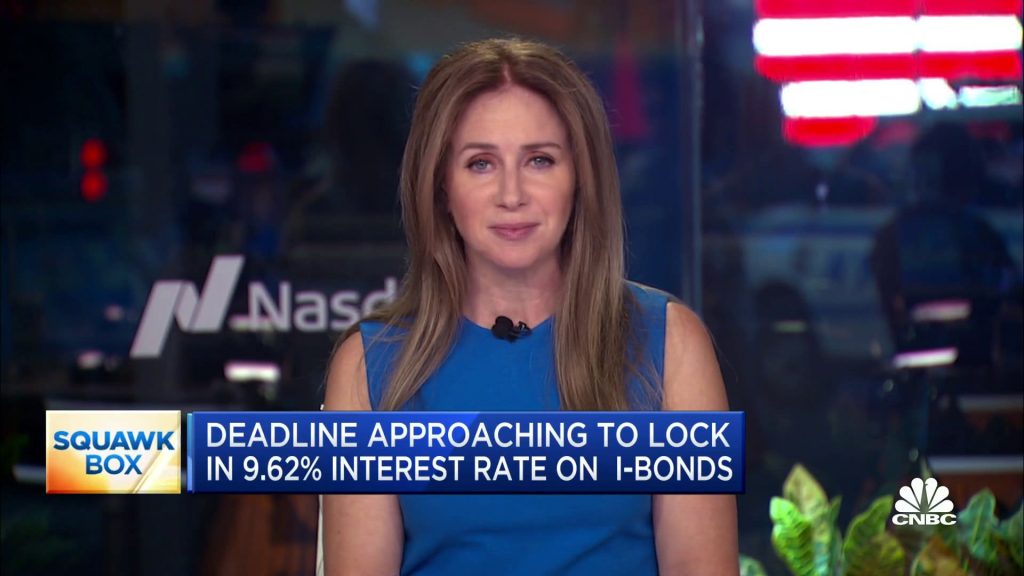Brandon Bell | Getty Images
‘Make a plan’ to replenish your retirement account
If rapidly rising prices have interfered with your ability to save for retirement, it’s important to try to get back on track with savings as soon as you can, experts say.
“Make a plan now about how and when you’ll do it,” said certified financial planner David Mendels, director of planning at Creative Financial Concepts in New York. “Maybe you know you’re getting a raise and you know when it’s coming, and so you say that money will go into your retirement account.”
The danger, he said, is that without a plan, “it’s way too easy to keep on sliding.”
Look for ways to reduce your spending
While smaller (or no) retirement contributions right now may help your cash flow for current expenses, “it’s critical that you think of this as a temporary stopgap,” Mendels said. “You’ll have to figure out how to reduce your spending to [increase] your retirement savings.”
If you examine how you spend your money, you may discover that there are expenses you could cut back on.

“Don’t view it as black-and-white,” Mendels said. “Maybe you stop going out to dinner twice a week and only go once a month, or maybe you take a less expensive vacation.
“Wherever you can make costs a little lower, little by little they add up,” he said.
Dipping into retirement savings may mean a penalty
Also be aware that if you dip into your retirement savings early, there may be tax implications.
Depending on the type of retirement account and the circumstances, withdrawals made before age 59½ could come with a 10% tax penalty. For traditional 401(k)s and IRAs, if you don’t meet a qualifying exception, you’d pay that penalty on top of any taxes owed on the amount of your withdrawal.
If it’s a Roth account — whose contributions are made after-tax — you can take out any money you’ve contributed without taxation or penalty. However, withdrawing earnings could come with the penalty, depending on the specifics.
Next year, retirement savers can contribute up to $22,500 in 401(k)s, with people age 50 or older allowed an additional $7,500 in so-called catchup contributions. For IRAs, the contribution limit in 2023 is $6,500 and the catchup amount is $1,000.

